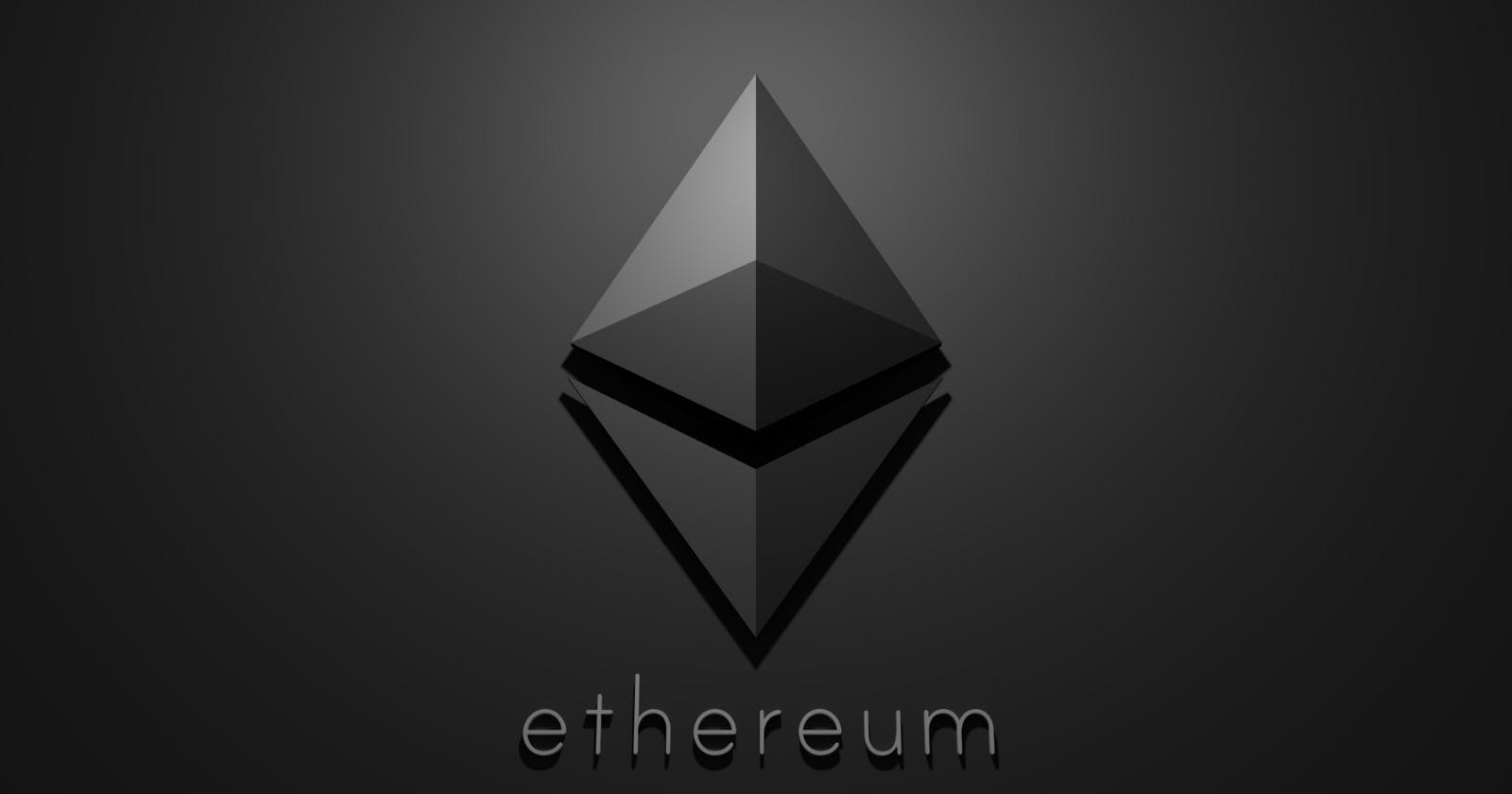Table of contents
The Proof of Work (PoW) hashing challenge is a fundamental component of Bitcoin's consensus mechanism, serving several key roles. It ensures network consensus, provides security, facilitates block mining, maintains network health, and determines the target hash for block generation. Despite its importance, the PoW hashing challenge is not without its drawbacks, which are often compared to other consensus mechanisms.
Bitcoin's PoW: A Comparative Study
Bitcoin's PoW hashing challenge is unique in several ways. Unlike other consensus mechanisms, PoW requires miners to solve a complex mathematical problem to add a block to the network. This process, known as "mining," is a form of participation that differs from other consensus algorithms, such as Proof of Stake (PoS), where nodes become candidates to validate new blocks by staking a certain amount of cryptocurrency.
The resource consumption of PoW is another distinguishing factor. It consumes a significant amount of energy and computational resources, particularly during the mining process. This high computational effort required to solve the problem and add a block to the blockchain is different from other consensus algorithms, such as PoS, which are more energy-efficient as they rely on the stake (amount of cryptocurrency held) of the miner rather than their computational power.
PoW vs. Other Consensus Mechanisms
Comparatively, PoW differs from other consensus mechanisms in several ways:
Energy Consumption: PoW requires a significant amount of energy to solve the mathematical problem and add a new block to the blockchain. This high energy consumption has led to criticism of Bitcoin and other PoW-based cryptocurrencies. Other consensus mechanisms, such as PoS, are more energy-efficient as they rely on the stake (amount of cryptocurrency held) of the miner rather than their computational power.
Centralization Risk: The PoW mechanism can lead to centralization as miners form pools to increase their chances of mining new blocks and earning rewards. These mining pools can potentially collude to compromise the network, a situation known as a 51% attack. This is a major liability as it could lead to control of the network by a small group of entities. On the other hand, PoS mechanisms, such as Ethereum's Ethash, are more decentralized as they do not require miners to have as much computational power as PoW.
Participation: In PoW, miners participate in the hashing process by generating the correct answer to a mathematical problem. Once a solution is derived, the system broadcasts the winning hash to the network so other miners can verify its validity. If the hash is verified, the block is added to the blockchain, and the successful miner receives a reward. This process is different from other consensus algorithms, such as PoS, where nodes become candidates to validate new blocks by staking a certain amount of cryptocurrency.
In summary, while the PoW hashing challenge in Bitcoin has several advantages, it also has significant drawbacks related to energy consumption, centralization risk, and participation. Other consensus mechanisms address these issues in different ways, making them more efficient and decentralized.
